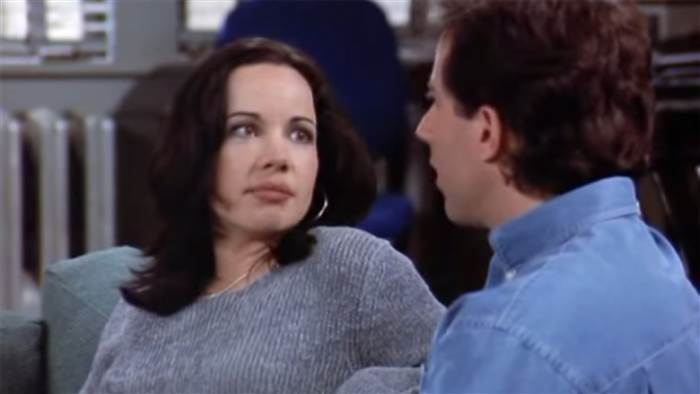By Darren Wilk, MA, RCC Certified Gottman Therapist/trainer and co-owner of Best Marriages
Just like in the song You’ve Lost That Lovin’ Feelin’, often in relationships unintentional damage is done over a long period of time and one partner is feeling more of the damage than the other. By the time the damage is discovered it seems too late to fix; the more love you pour on to make up the distance, the more the other person feels pushed away. This is the classic psychological dance of pursue and withdraw. There is a huge trust gap and the skeptical distant party is scared to love again and let their now attentive partner in. What do you do when all the efforts to fix the love are not working?
Two things are important to know:
World renowned couples expert, Dr. Sue Johnson says we are built for love and all of our neurons are working to that end. This means that if we can take a risk to love again our body is naturally built to respond to that love. The panic one feels around taking that risk is huge because of the potential for rejection once again. The hurt partner is hesitant because they risked loving once already, and it wasn’t reciprocated. Now there is fear associated with letting someone in.





